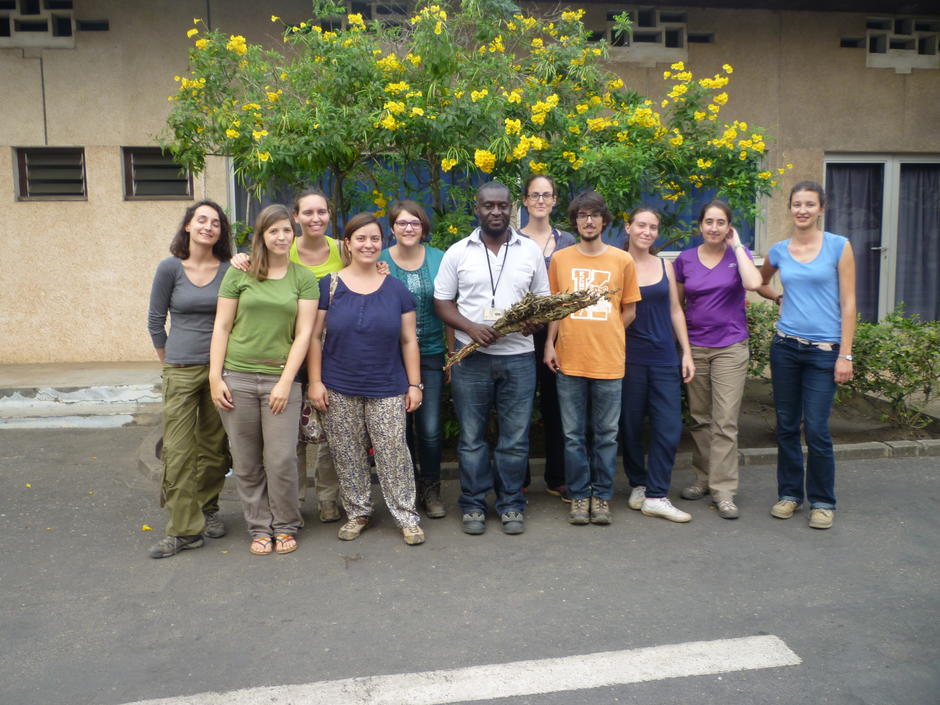
Social and Employment
Place
Pointe Noire, Congo (Brazzaville)
Sponsor
Pascal Boisson
Grant(s)
€ 5,000 (2014 winner of the Student Solidarity Awards), Selection Committee of May 23, 2014. to the Selection Committee at 2014/05/23
Project leader
ISTOM Student Environmental Expertise (ISEE), an association of the Ecole supérieure d'agro-développement (ISTOM) de Cergy
ISEE (Istom Student Environmental Expertise) is a nonprofit created in 2010 by the students of École Supérieure d'Agro-Développement of Cergy-Pontoise, focusing on setting up expertise associated with sustainable development, by improving the living conditions of the local population together with environmental conservation and enhancement.
Environmental enhancement projects
Since 2010, three expertise missions have been carried out by the nonprofit's members on themes of biodiversity and socioeconomic development of the population:
2011: Mozambique, study of the effectiveness of the production of trees and their integration in agro-forestry systems in the buffer zone of the Limpopo National Park (rewarded by the Veolia Foundation in 2011);
2012: Madagascar, feasibility study for the installation of a high-end responsible tourism project in a private protected area on Iranja Island;
2013: Bolivia, installation of a system for coordinating the need to conserve the biodiversity of an area with the ability of the local population to continue their activities.
An economic and social development approach
In 2014, they are traveling to Pointe-Noire, Congo, in the Kouilou region. In the field, the student teams will investigate the feasibility of a complete system for the production, processing and marketing of the plant Lippia Multiflora (Gambia tea) to process it to produce essential oil, powder, herbal teas (in bags) saleable on the Congo domestic market and internationally.
The long term objective is primarily the economic and social development of the area where the system and the processing plant will be installed. The nonprofit is carrying out its project with an outreach entrepreneur distinguished in 2011 by the President of the Republic of Congo with the prize "A New Business Idea" at the national convention on entrepreneurship for his processing plant project.
The program includes identifying the players, particularly the local farmers producing Lippia Multiflora who will find a source of additional income in this system; creating a low-environmental-impact business plan (biomaterials, green waste recycling into fertilizer, etc.); and the formalization of the contracts between the farmers and the plant, responsible for marketing.
This is a premiere in Congo with the creation of a plant combining development of the local agriculture and compliance with environmental standards. In addition to creating 40 jobs for the plant and the involvement of a hundred farmers, this project is also part of a circular economic approach. The waste converted to fertilizer will be redistributed to the farmers.
The jury of the Student Solidarity Awards has awarded the 2nd prize of its 2014 event for the coherence of the project and its comprehensive approach.

